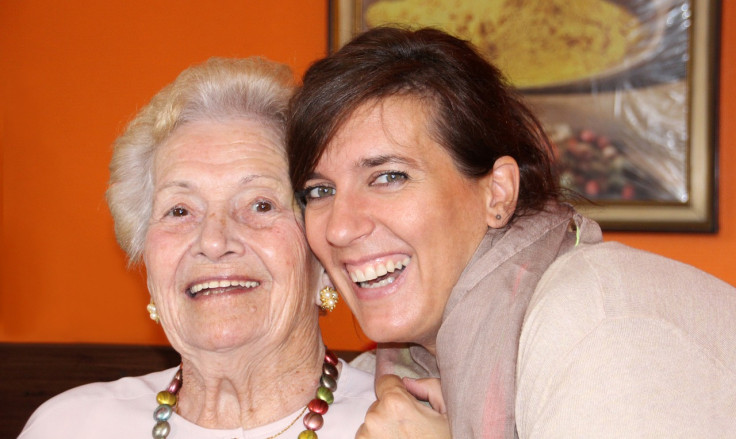Twenty percent of adults caring for loved ones with dementia end up sacrificing their careers
One-fifth of adults who take care of a relative with dementia have sacrificed their professional lives as a result of the need to care for them.
Dementia can affect both the mental and physical abilities of patients. Carers usually end up spending a lot of time taking care of them. In fact, a recent study has revealed that those who are taking care of loved ones suffering from dementia end up having to sacrifice their careers.
A survey commissioned by Bupa Care Homes carried out by One Poll, looked into 375 adults suffering from dementia and who were being cared for by relatives. They found that one-fifth of these adults have sacrificed their professional lives as a result of the need to care for their loved ones.
The survey showed that 31 percent of the carers needed to cut working hours in order to devote their time to taking care of their loved ones. They had to look after their relatives four days a week and 34 percent of them would care for them alone without any support. Independent reported that many of them are saying that they would welcome any added support as it has become really hard during the pandemic.
Marking the World Alzheimer's Awareness Month, attention has been brought to the carers of dementia patients. It was found that 83 percent are truly welcoming additional support. One upside was that 22 percent of those who responded to the survey said that the health crisis gave them a chance to better understand the condition of their relatives. However, it was ascertained also that those who are devoted to caring for relatives only get two weeks of rest each year, sometimes even less.
Fran Vandelli, Bupa Care Homes lead on dementia, said that the disease can be both challenging for the loved one who cares for the patients, as well as for the sufferers. Vandelli said though that a diagnosis of dementia does not necessarily mean that a person will no longer be able to live well. In fact, 77 percent of the carers have the firm belief that their loved ones would still be able to lead a fulfilling life, given the right kind of support.
While dementia carers are certainly doing a great job, it is important that they do get essential support. This way, they would not feel like they are all alone in caring for their sick relatives. At the same time, Vandelli underscored the importance of getting people to understand and to have a better perspective of the condition and how they could be of help.
Many of the respondents also said that they already suspected that their relatives had dementia for three years before the actual diagnosis. Forty percent of them felt relieved when they finally got a confirmation of the diagnosis from physicians.
Among the symptoms of dementia that are noticeable include confusion, memory loss, speech problems, and understanding. There are also milder symptoms such as mood swings and changes in taste and smell.
© Copyright IBTimes 2025. All rights reserved.






















